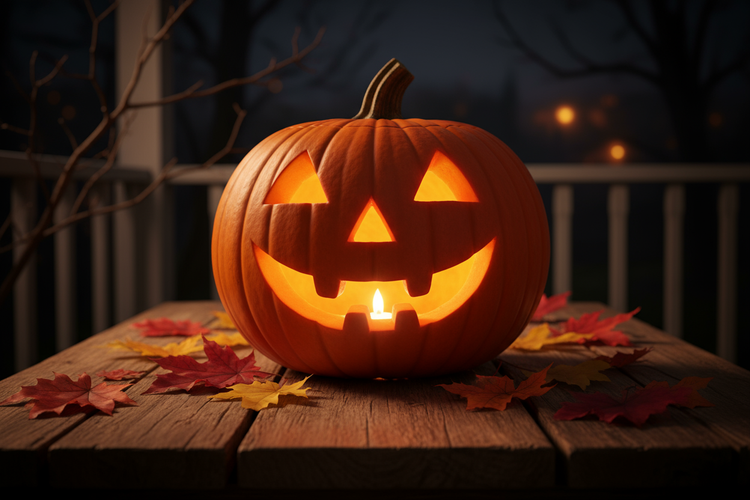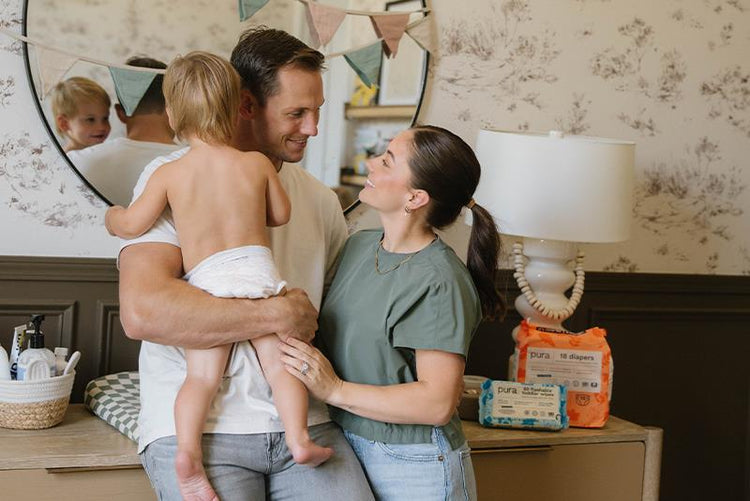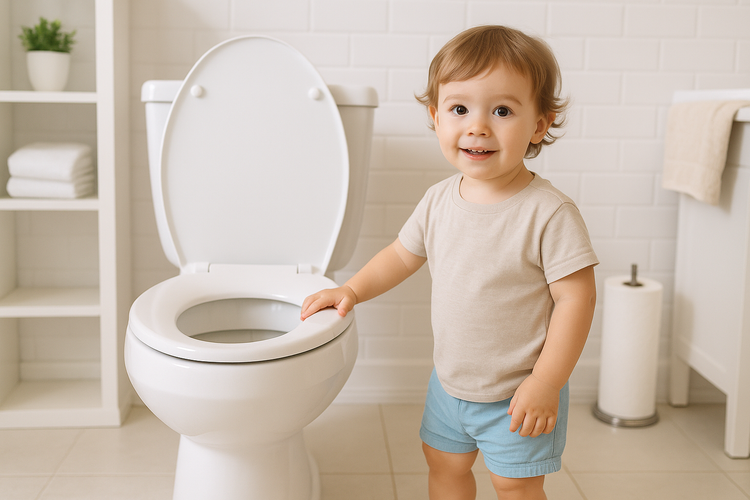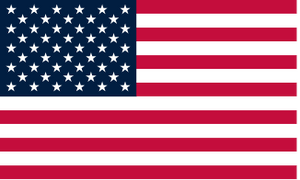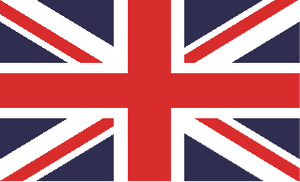Being a new parent can be daunting, and even more so when your little one has eczema.
The good news is that around half of all children who have eczema will outgrow it. And although eczema can’t be cured, there are many things you can do to soothe your baby, minimize flare ups and keep her comfortable. So what is eczema exactly?
Eczema is a common, non-contagious and chronic skin condition that can affect people of all ages but is often seen in babies and children.
According to The National Eczema Organization eczema approximately 9.6 million U.S. children under the age of 18 have eczema. It’s also known as atopic dermatitis and symptoms include dryness, redness, and itching.
- Tell me more about the symptoms of eczema
Eczema in babies often surfaces at between 3-6 months of age. It can appear on the face, neck, body, arms and legs and the main symptoms are:
- Intense itch
- Dry skin
- Rash
- Inflammation
It’s important to know that it can appear different on every skin tone. On dark skin, eczema may look slightly darker brown, grey or dark red while on paler skin tones, eczema can look very red and inflamed. If you’re unsure if you baby has eczema, the best thing to do is consult your doctor.
- What triggers eczema?
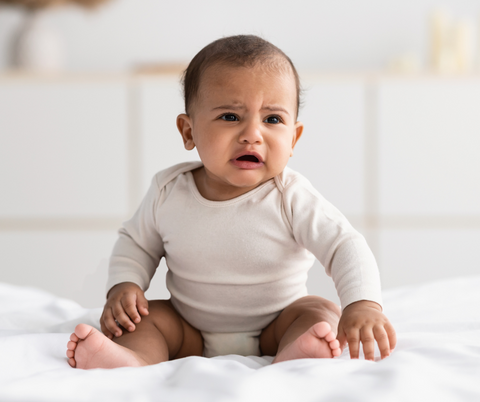
The exact cause of atopic eczema is unknown, but it’s likely that it’s not down to one single thing. Atopic eczema often occurs in people who get allergies it can run in families, and often develops alongside other conditions, such as asthma and hayfever.
Once your baby is diagnosed with eczema, it’s helpful to know that certain factors can trigger it. However, because everyone with eczema has different triggers, it can be tricky to know what to stay away from. If you’re unsure, talk to your medical practitioner who may be able help you identify your child’s triggers.
As a rule of thumb, according to Allergy UK, eczema may be made worse by:
- Heat or changes in temperature
- Irritants for example detergents, soaps, bubble bath, perfumed products
- Chemicals, for example swimming in chlorinated water
- Certain fabrics like wool or synthetics
- Food allergy or intolerances
- Contact allergens in the environment for example house dust mite, pollen or animal dander can make eczema worse.
- What can I do to make my baby more comfortable?
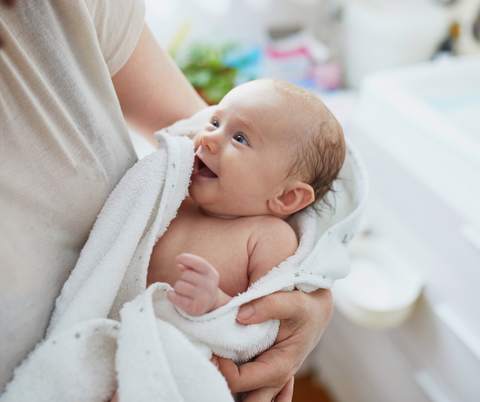
If your baby has eczema, it’s important to discuss a treatment plan with your GP. An emollient – moisturizers to be used every day to stop the skin becoming dry will be recommended by your doctor but there are also a range of more powerful treatments that can be prescribed by a doctor or dermatologist if necessary.
As a parent, keeping your baby’s skin well moisturised and controlling any flare ups are the best ways to keep your baby comfy. Here are some tips
- Scratching itchy skin will only make the condition worse. To prevent your baby from scratching, you can keep their nails clipped short or put on cotton mittens, or baby grows with gloves - particularly while they sleep.
- A daily bath with an emollient will cleanse and soothe the skin. Use leave-on emollients instead of soaps, baby washes or bubble bath, or alternatively use emollient wash products. Avoid any perfumed products and keep the water tepid, as heat can aggravate eczema.
- After their bath, gently pat dry your babies skin rather than rubbing it. Apply moisturizer to your baby's damp skin within 3 minutes after their bath.
- Clothing Some fabrics such as wool and nylon can irritate eczema prone skin. Natural, breathable materials such as cotton may be more comfortable on irritated skin and some parents swear by using washing detergents designed for sensitive skin.
- Keep your baby’s bedroom cool: around 18°C to avoid any heat triggers.
- The chlorine in pools can irritate eczema prone or sensitive skin, but there’s no need to completely avoid swimming with your baby. Apply an appropriate moisturizer to act as a barrier about an hour before swimming and shower your baby well after they’ve enjoyed a splash about. Once they’re dry, liberally apply the moisturizer again.
- Can I use wet wipes if my baby has eczema?
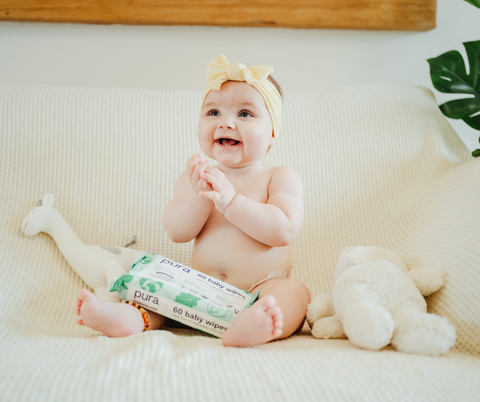
Whether used on faces, hands or bottoms, the ingredients in some disposable baby wipes can cause eczema to flare-up, particularly artificial fragrances and parabens. However, you don’t have to avoid using baby wipes. Accredited by Allergy UK, Pura wipes are gentle on eczema prone and sensitive skin, right from birth.
Made from plant-fibres with 99% water, organic aloe vera and with no fragrance, parabens, alcohol or chlorine, our wipes are also EWG accredited. This means that they have been scrutinized by EWG’s team of scientists - toxicologists, chemists and epidemiologists and verified as free from any of the ingredients on EWG's "Unacceptable" list - meaning those with health, ecotoxicity and/or contamination concerns. Learn more about EWG here.




